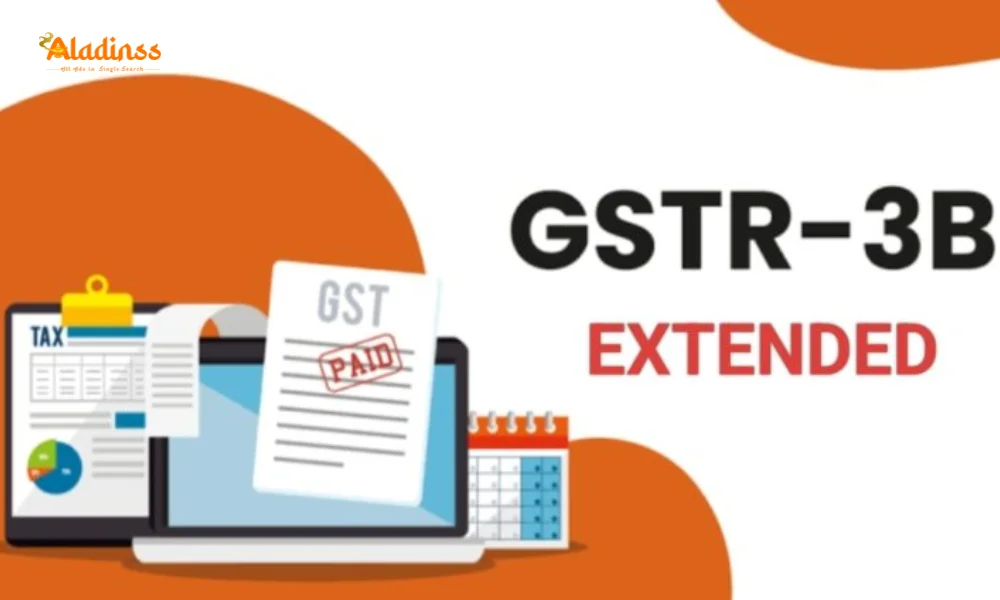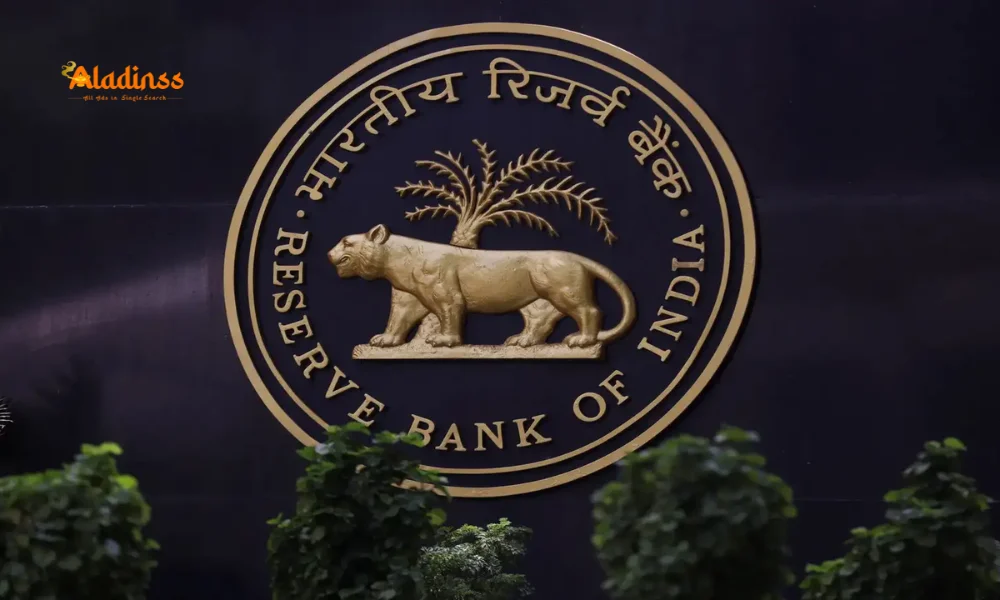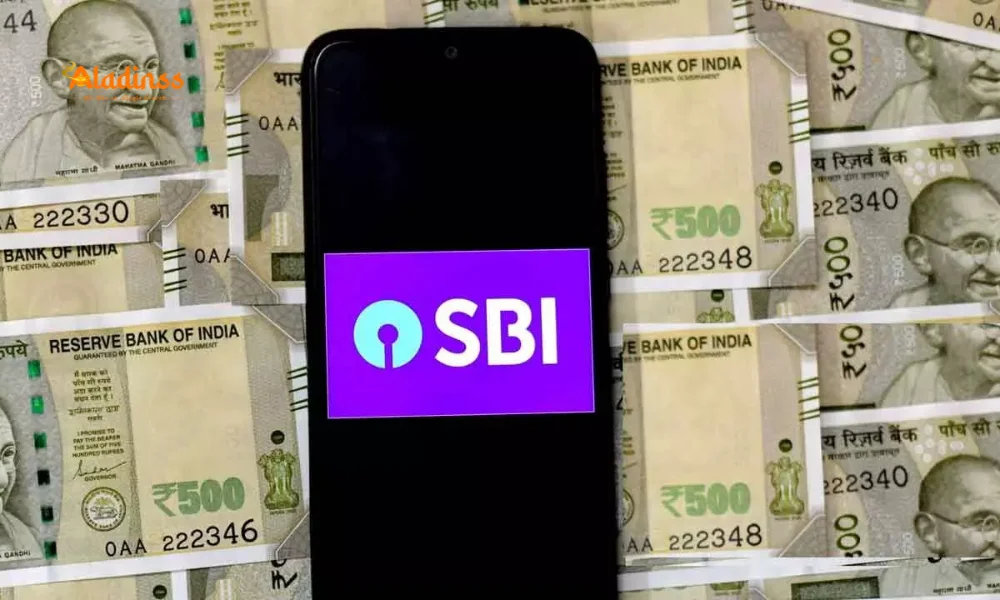10 Major 1:10 Stock Splits in Indian Markets

From Nestlé India to Tata Investment: 10 Major 1:10 Stock Splits in Indian Markets
Stock splits have emerged as a strategic tool for Indian companies aiming to enhance liquidity, improve affordability, and attract a broader base of retail investors. In a 1:10 stock split, a company divides each share with a face value of ₹10 into ten shares of ₹1, maintaining the overall market capitalization while making the stock more accessible. This corporate action often signals confidence in future growth, boosts trading volumes, and broadens shareholding patterns. In recent years, several prominent Indian companies have announced 1:10 stock splits, significantly impacting market dynamics. This article explores ten major 1:10 stock splits in the Indian markets, highlighting their implications and the companies involved.

Why Stock Splits Matter
A stock split is a corporate action where a company increases the number of its outstanding shares by issuing additional shares to existing shareholders, proportionally reducing the share price. The 1:10 stock split, in particular, has gained popularity in India due to its ability to make high-priced stocks more affordable. By dividing each ₹10 face value share into ten ₹1 shares, companies ensure that the overall market capitalization remains unchanged while enhancing accessibility for retail investors. This move often leads to increased trading volumes, improved liquidity, and a broader shareholder base, making it a powerful tool for market participation.
Stock splits also signal management’s confidence in the company’s growth trajectory. They are typically announced after significant price rallies, indicating that the company expects continued upward momentum. For retail investors, lower share prices reduce the capital required to invest, democratizing access to high-performing stocks. The following sections detail ten significant 1:10 stock splits that have made headlines in the Indian markets, showcasing their impact on various sectors.
Nestlé India’s Strategic Split
Nestlé India, a leading name in the fast-moving consumer goods (FMCG) sector, approved its first-ever 1:10 stock split in October 2023, with a record date of January 5, 2024. The move reduced the face value of its shares from ₹10 to ₹1, making the stock more affordable for retail investors. Prior to the split, Nestlé’s shares traded at a premium, often exceeding ₹27,000, which limited participation from smaller investors. Post-split, the share price adjusted to around ₹2,700, significantly boosting liquidity and trading volumes.
The split aligned with Nestlé India’s goal of expanding its shareholder base and enhancing market participation. The company, known for brands like Maggi, Nescafé, and Kit Kat, reported a 36% year-on-year profit increase to ₹908 crore in Q2 FY24, reinforcing its strong fundamentals. The stock split not only made Nestlé’s shares more accessible but also signaled confidence in its long-term growth, attracting renewed investor interest.
OK Play India’s Retail-Friendly Move
OK Play India, a prominent toy manufacturer, announced a 1:10 stock split with a record date of March 11, 2024. The company, which had delivered multibagger returns over the past five years, aimed to make its shares more accessible to retail investors. By reducing the face value from ₹10 to ₹1, OK Play India lowered its per-share price, enabling smaller investors to participate without significant capital outlay. This move boosted daily trading volumes and broadened the company’s shareholder base, aligning with its growth strategy in the competitive toy industry.
Systematix Corporate Services Enhances Liquidity
On September 26, 2024, Systematix Corporate Services, a financial services firm, announced a 1:10 stock split to reduce its share face value from ₹10 to ₹1. The company stated that the split was designed to improve liquidity and make the stock more attractive to retail investors. By increasing the number of shares in circulation, Systematix aimed to enhance trading activity and broaden its investor base, reflecting its confidence in sustained growth within the financial sector.
Eraaya Lifespaces Targets Broader Participation
Eraaya Lifespaces Limited, a real estate company, declared a 1:10 stock split with a record date of December 6, 2024. The split aimed to make its shares more affordable, thereby encouraging greater retail investor participation. The real estate sector has seen robust growth in India, and Eraaya’s move to lower its share price was a strategic effort to capitalize on this trend, enhancing liquidity and attracting a wider pool of investors.
BCL Industries’ Accessibility Drive
BCL Industries underwent a 1:10 stock split on October 27, 2023, reducing its share face value from ₹10 to ₹1. The company, which operates in the edible oils and distillery sectors, aimed to increase its shareholder base by making its stock more accessible. The lower post-split price attracted retail investors who previously found the stock’s high price prohibitive, leading to increased trading volumes and broader market participation.
Oasis Securities’ Post-Rally Split
Oasis Securities, a financial services company, approved its first-ever 1:10 stock split with a record date of February 28, 2025. The announcement followed an impressive 1,000% return over five years, highlighting the stock’s strong performance. The split was designed to sustain this momentum by making shares more affordable and accessible to new investors, further boosting liquidity and maintaining investor interest.
Tata Investment Corporation’s Bold Move
In August 2025, Tata Investment Corporation, a part of the Tata Group, announced its first-ever 1:10 stock split to enhance liquidity and attract retail shareholders. Known for its conservative capital management, the Tata Group’s decision was well-received by investors and analysts, who viewed it as a step toward broadening market participation. The split, reducing the face value from ₹10 to ₹1, made the stock more affordable, aligning with the company’s strategy to expand its investor base.
Websol Energy System’s High-Flying Split
Websol Energy System, a renewable energy company, approved a 1:10 stock split in September 2025, following an extraordinary 6,000% return over five years. With a record date set for October 2025, the split aimed to make the high-flying stock more affordable and improve liquidity. Analysts anticipate renewed investor interest post-split, as the lower share price opens opportunities for retail investors to participate in the renewable energy sector’s growth.
Akme Fintrade’s Financial Sector Push
Akme Fintrade (India), a non-banking financial company (NBFC), announced a 1:10 stock split with a record date of April 18, 2025. The move was part of the company’s strategy to enhance market liquidity and attract a wider investor base amid its growing presence in the financial services sector. By reducing the share price, Akme Fintrade aimed to make its stock more appealing to retail investors, supporting its expansion plans.
Pavna Industries’ Automotive Growth
Pavna Industries, a manufacturer of automotive parts, announced its first 1:10 stock split with a record date of September 1, 2025. The split reflects the company’s confidence in its growth trajectory within the expanding Indian auto sector. By reducing the face value from ₹10 to ₹1, Pavna Industries aimed to make its shares more accessible, encouraging retail investor participation and boosting trading activity.
Market Impact and Investor Sentiment
These 1:10 stock splits underscore a growing trend among Indian companies to prioritize affordability and liquidity. By lowering share prices, companies like Nestlé India, Tata Investment Corporation, and Websol Energy System have successfully attracted retail investors, who play a crucial role in driving market activity. The increased trading volumes post-split often lead to greater price stability and reduced volatility, benefiting both the company and its shareholders.
Investor sentiment toward stock splits is generally positive, as they signal strong fundamentals and management’s optimism about future performance. However, investors must conduct due diligence, as stock splits do not inherently guarantee price appreciation. Factors such as company performance, sector trends, and broader market conditions continue to influence post-split outcomes. These ten stock splits highlight the diverse sectors—FMCG, financial services, real estate, renewable energy, and automotive—leveraging this strategy to enhance market presence.
Comment / Reply From
No comments yet. Be the first to comment!









